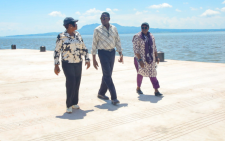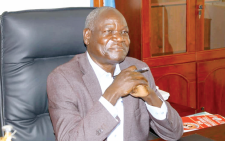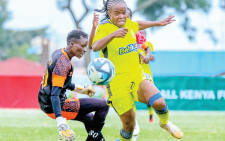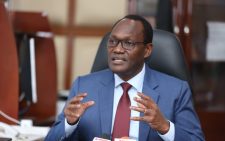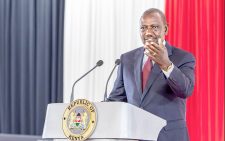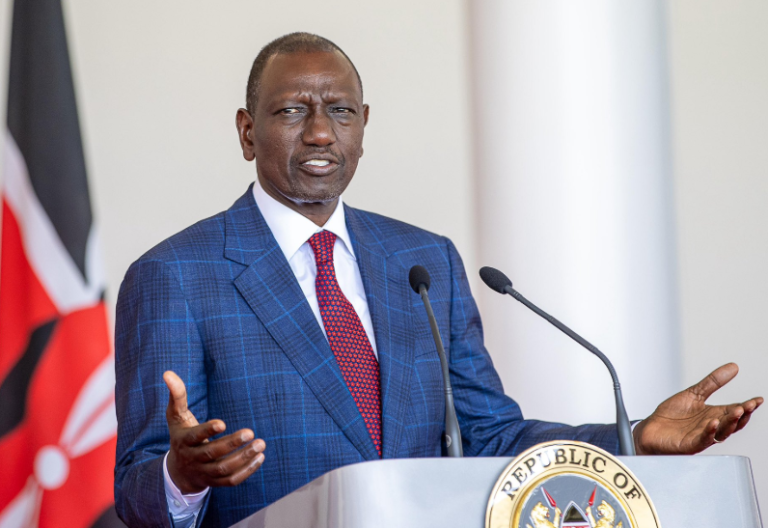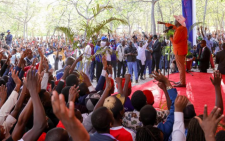Women shaping Kenyan politics
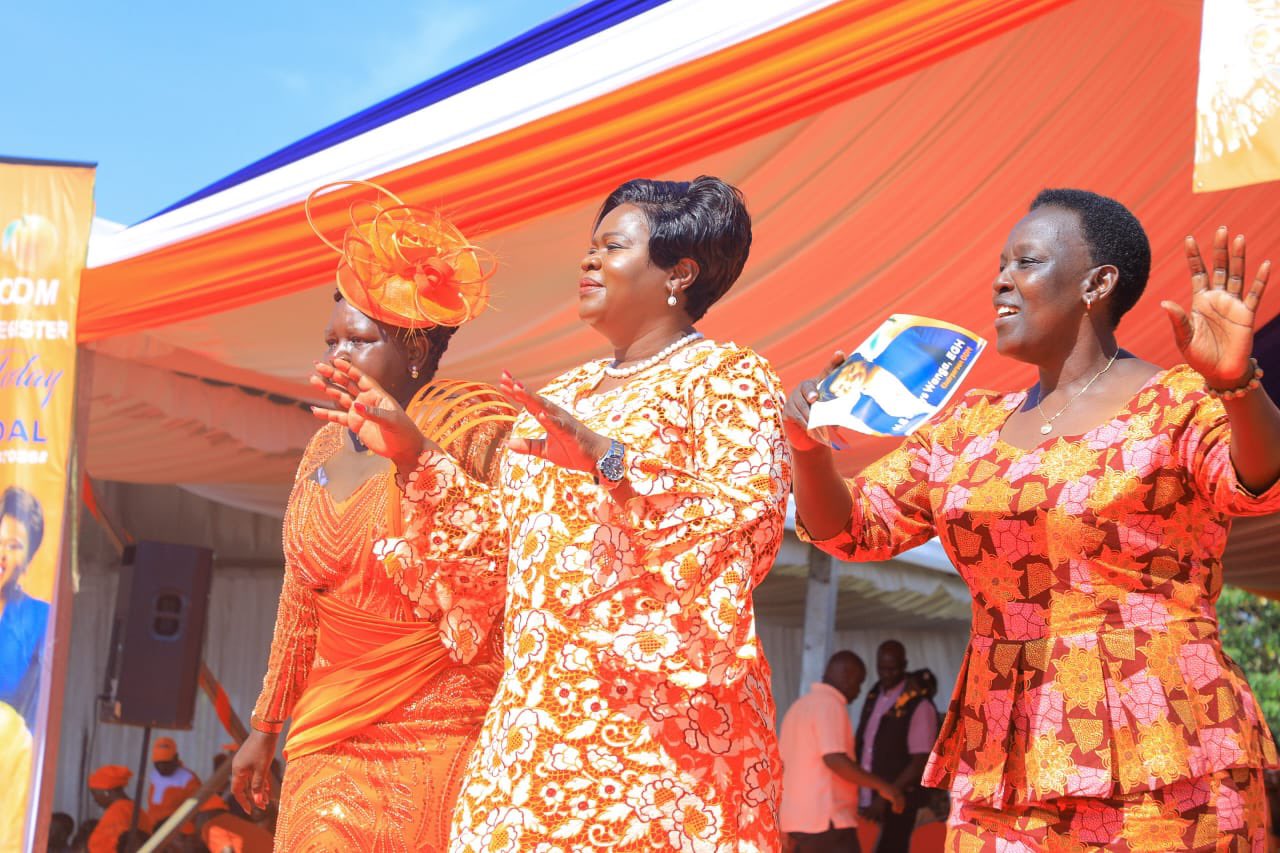
One of the key areas where women in Kenya can comfortably brag themselves to have fought for their rightful space and got it, is the 13th Parliament.
The number of women in leadership has risen steadily since independence thanks to the Constitution promulgated in 2010.
To date, seven women were elected governors in the 2022 polls while in the National Assembly some 28 women were elected in various constituencies across the country.
The female Governors include Susan Kihika (Nakuru), Gladys Wanga (Homa Bay), Fatuma Achani (Kwale), Cecil Mbarire (Embu), Anne Waiguru (Kirinyaga), Wavinya Ndeti (Machakos) and Kawira Mwangaza (Meru).
The G7 movement.
This is up from three in the period between 2017 and 2022 where there were only three female governors including Charity Ngilu (Kitui), Anne Waiguru (Kirinyaga) and the late Joyce Laboso (Bomet).
The female governors coalescing around G7, an acronym for the seven women governors in the country, want womenfolk to make their voices heard in politics, urging their fellow women take an active interest in politics to let their voices become a powerful catalyst for political and economic transformation.
In the Senate, three women were elected in the 2022 polls to represent their counties including Fatuma Dullo (Isiolo), Tabitha Keroche (Nakuru) and Agnes Kavindu (Machakos).
In the National Assembly Millie Odhiambo (Suba North), Jayne Kihara (Naivasha), Wanjiku Muhia (Kipipiri), Mary Wamaua (Maragua), Jessica Mbalu (Kibwezi East), Rachel Nyamai (Kitui South), Gathoni Wamuchomba (Githunguri), Sara Korere (Laikipia North), Naisula Lesuuda (Samburu West) and Charity Chepkuony (Njoro) were elected in the 2022 polls.
Others are Janet Sitienei (Turbo), Lilian Gogo (Rangwe), Eve Obara (Kabondo Kasipul), Martha Wangari (Gilgil), Mishi Mboko (Likoni), Edith Nyenze (Kitui West), Beatrice Elachi (Dagoretti North), Amina Mnyazi (Malindi), Rosa Buyu (Kisumu West), Irene Njoki (Bahati), Marianne Kitany (Aldai) and Phylis Bartoo (Moiben).
First female Chief Justice
Suzanne Ndunge (Makueni), Ruweida Obo (Lamu East), Agnes Pareiyo (Narok North), Mary Emaase (Teso South), Mary Maingi (Mwea), Alice Ng’ang’a (Thika Town) also made it to the 13th Parliament as representatives of constituencies.
The first woman was elected into Parliament in 1969. Since then, the political landscape has remained predominantly male.
However, the August 9, 2022 elections marked a breakthrough for female politicians because Kenyans elected an overwhelming number of female politicians into Parliament.
In addition, the current Chief Justice Martha Koome became the first woman to occupy the position, a move hailed continentally. In the same breadth, Dorcas Oduor was appointed the first woman Attorney General in post independent Kenya.
The August 2022 General Elections witnessed a positive shift in political participation and representation of women.
Female candidates made up an estimated 11 per cent of the total number of candidates gazetted by the Independent Electoral and Boundaries Commission (IEBC).
The 2022 General Elections also recorded an increment in the number of women vying for elective positions, which ultimately resulted in an increased number of women successfully elected.
During the 2017 elections, only 23 women made it to Parliament. However, the number of female MPs in Kenya has increased in the 2022 elections because 29 women were elected to Parliament. Some of them are newcomers, while others were re-elected. In those elections, Agnes Pareyio became the first ever woman elected from the Maa community to represent Narok North.
Social interest groups
Five other women MPs were nominated to represent social interest groups. This is on top of the 47 county representative seats that are automatically reserved for women by order of the 2010 constitution.
Kenya’s political system remains overwhelmingly male despite attempts to improve women’s representation (such as the constitution’s groundbreaking gender quota) and the country still lags behind other African countries such as Rwanda, Tanzania and Uganda.
In the political parties, two leading political outfits United Democratic Alliance (UDA) and Orange Democratic Movement (ODM) have two females as the chairperson Cecil Mbarire and Gladys Wanga respectively.
“I want to thank our President and our former Prime Minister for allowing their parties, UDA and ODM, to be led by female politicians because we know such a gesture will go a long way in addressing the endemic problem of low participation of women in political leadership,” said Governor Waiguru.
Wanga has in the past stated that the G7 is strategising to mobilise women to participate in future elections and address their low participation in politics and leadership.
“We want women to be visible in all political spaces, such as MCAs, MPs, Governors, Senators, and even Deputy President and President, in a bid to bring diverse perspectives into our politics,” Wanga said.
Wanga opined that the G7 will take head on some traditional and cultural practices that make it difficult for women to seek leadership and decision-making positions.
